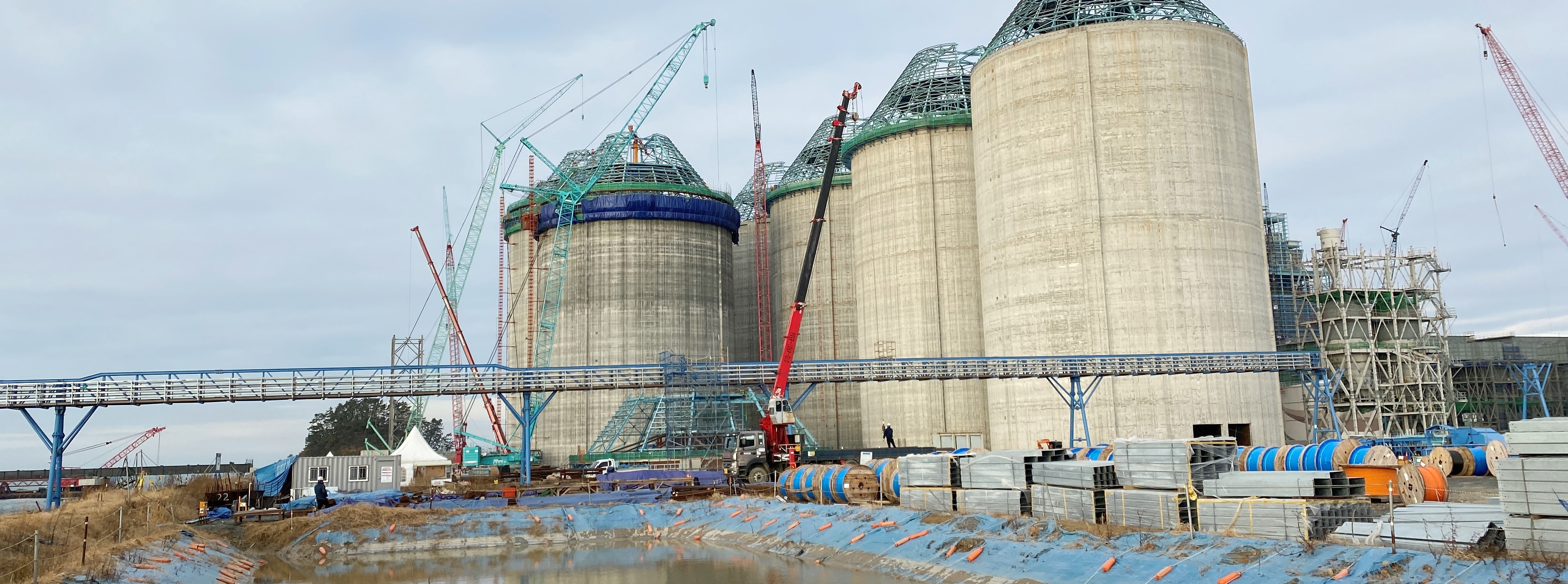Final shipments to mega-construction site
Last month the inspections of the shipments to the construction site of the new thermal power plant in Seocheon South Korea, were successfully concluded. Our partner Daeyang Rollent, their customer HSHI and the end-user Komipo came to Europe several times to inspect all parts and material handling equipment. ESI project manager Jan-Willem Hanskamp says this is a milestone in a huge project: “Over 8,000 signatures were placed on hundreds of quality control documents. From here on the project continues in South Korea.”
Successful partnering
As a project manager Jan-Willem has led the procurement, quality control and shipment of all parts. “Our job is to ensure the required quality of everything within our scope of the project. Together with the inspection team, we have visited producers in Europe in five consecutive rounds. This means we have to get five sub-contractors on the same page, which can be quite intensive at times. For each inspection we have to sign off on about 400 pages of documentation. In this stage of the project, it is vital to track and eliminate any risks that can lead to future failure. Also, a great deal of components are produced in South Korea. To make it all come together really requires close partnering with everyone concerned.”

The challenge: planning
The biggest challenge so far was to keep the planning tight, while securing accurate and complete documentation. Planning and control are also the main challenge for the complete project. The new thermal power plant will make use of eight coal silos of 55,000 m3 each, all situated at the seaside in order to accommodate the supply by bulk carriers. ESI will also provide a 5,850 m3 FDG gypsum silo. The commissioning of the coal silos will take place in multiple badges. Jan-Willem: “Our supervisor will stay in South Korea to lead the mounting of all mechanical parts and install the software components that control the operation of the silo. Once the first silo has been commissioned successfully, the other seven silos will be supervised locally.”
Read more about the project:
Read more